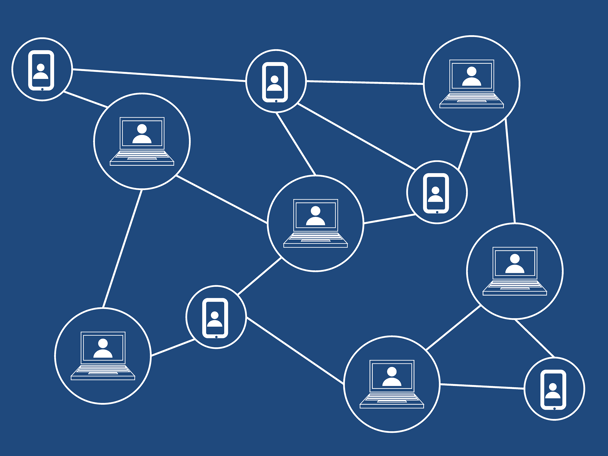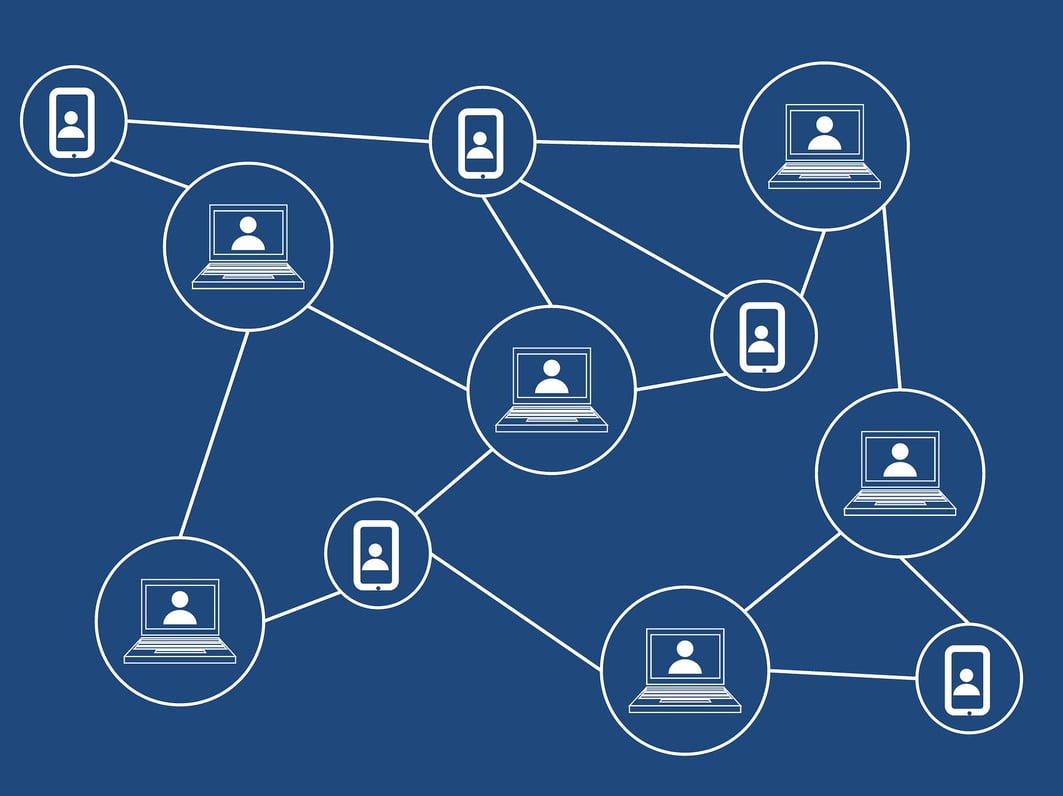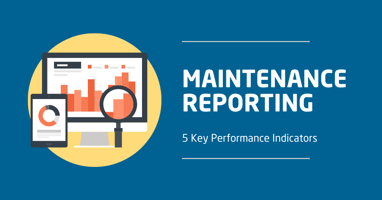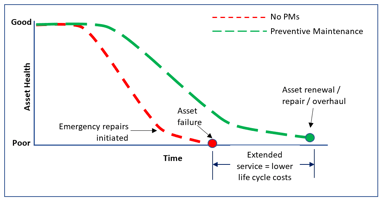
Introduction
Blockchain is not only a tempting technology and a buzzword used within the financial field. It can also be a huge advantage for manufacturing, supply chain and distribution processes.
For manufacturers, it is very important to provide a high-quality experience to their end-consumer. This relies a lot on the different distributors, transportation providers and upstream providers. This is achieved by controlling the process of delivering the right asset, to the right place, in the right time and in the right manner. Too many factors must be right, however, while working with many intermediaries, the challenge is to trust and to be trusted. And this is where blockchain comes into play.
The blockchain is record-keeping technology behind Bitcoin. It is a decentralized concept, based on an algorithm, where the information is not stored on one entity but on many. Blockchain is a facilitator of peer to peer exchange and trust-based business relations.
Motivations for using Blockchain
- Provenance attestations
Imagine if you can track a product from its very first occurrence until the purchase made by the end-consumer. Introducing such a method of delivering goods, especially food and pharmaceutical, will increase producers’ and retailers’ credibility and improve consumer’s product experience and confidence. In this way, manufacturers, who are certificated will be able to track their products and do not let any fault products interrupt the supply-chain process.
- Environmental Advantages
With the transparency which Blockchain provides, it can trace the quality of the goods and their safety, which is critical within Food and Beverage, and Pharmaceutical industries.
This brings in the topic about the beneficial collaboration between Blockchain, IoT and other monitoring technologies, which will provide data about goods’ condition at any given time.
- Fast dispute resolution
Based on the opportunities which we have stated up till now, there is no doubt that this will lead to a smoother and legally lighter dispute resolution. This would happen literally for a fraction of time, and there will be no longer years long cases with unclear records and results.
This can be achieved with the so-called “smart contracts”, which not only save time and transaction cost between the involved parties but automatically trigger compensations or fines if the agreed terms and conditions of the contract are not met.
- Real-Time Data Access
Blockchain especially combined with IoT technology, can provide access to every party of the supply-chain which will, without any doubt, have a positive impact on the B2B relations, such as increased trust between the partners and bigger accountability. This leads to non-vertical, decentralized data-access.
- Automation and full combability with ERP systems
Blockchain can be integrated into an existing ERP system and accelerate the process of ordering materials right after a certain level is below the order level. In other words, there will be no need for a person to follow up on the quantity of a particular material because this will be automatically ordered.
This would contribute to manufacturers and their asset and inventory management, especially if they use asset management software, such as Dynaway’s EAM.
- One step further in Industry 4.0
Introducing more secured, faster and trusted technologies contributes to a companies' digital transformation and their holistic approach to doing business efficiently with many stakeholders. As a Microsoft partner, Dynaway has always put emphasis on the opportunities which exist in order to offer our clients with the optimal solutions to help grow and naturalize their businesses.
For this purpose, you can read more about Blockchain opportunity which Microsoft Azure provides and check the full article about “How blockchain will transform the modern supply chain”.
Conclusion
Blockchain technology aims to introduce new ways of cross-organization relations and, possibly, new business models. It will revolutionize the slow-paced, insecure and manual processes within manufacturing, which will open a new topic in future about decentralized manufacturing.





.png?width=388&height=200&name=Copy%20of%20Blog%20Featured%20Image%20(4).png)
%20%5BConverted%5D-1.png?width=388&height=200&name=Illustration%20(45)%20%5BConverted%5D-1.png)
